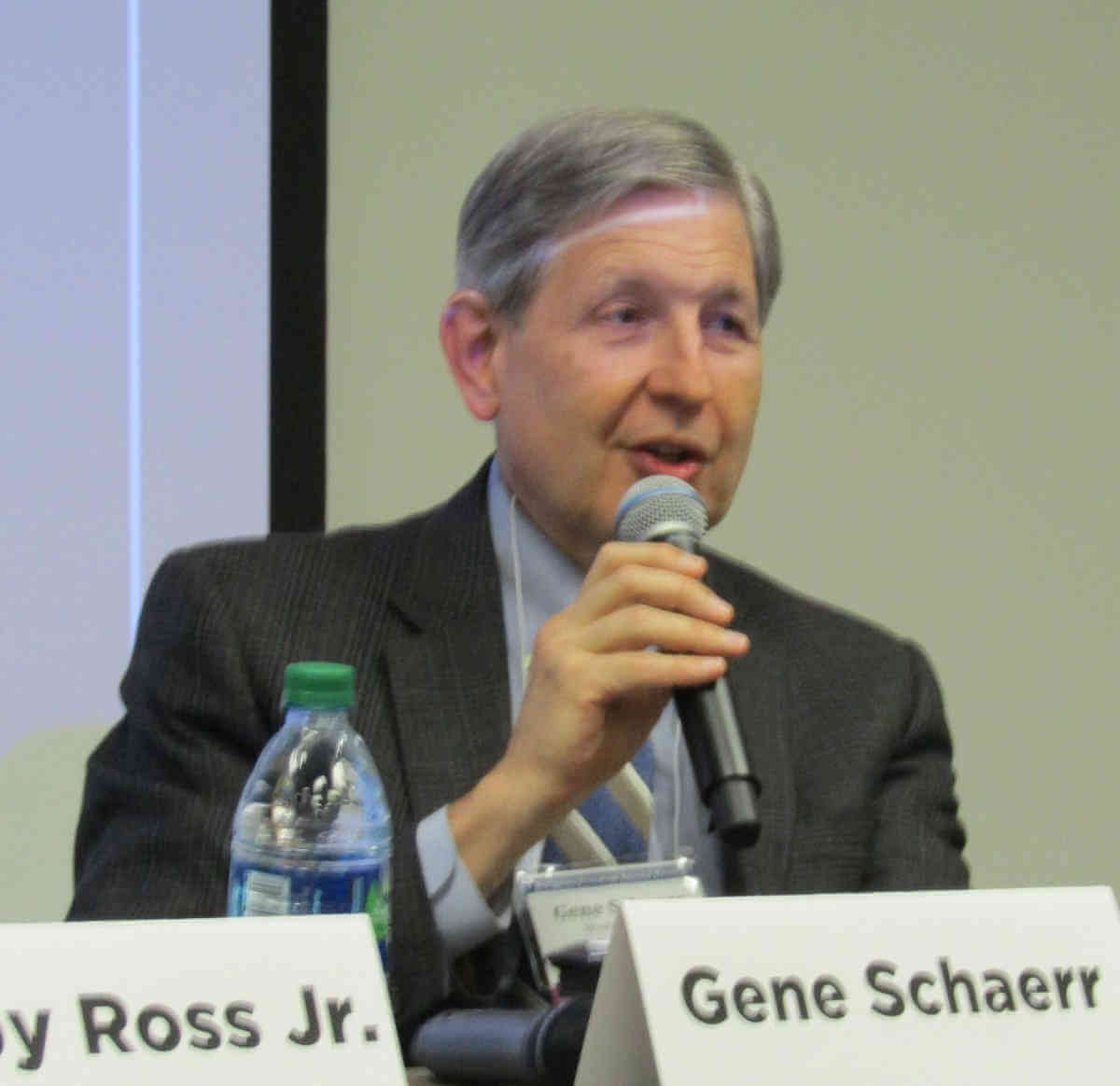A 2016 ruling from New York’s highest court that overruled a 25-year-old precedent barring a same-sex co-parent without legal or biological ties to a couple’s child from seeking custody or visitation rights could be in jeopardy as the result of a gay biological father’s appeal to the US Supreme Court.
The New York Court of Appeals, three years ago, in Brooke S.B. v. Elizabeth A.C.C., ruled that when there is clear and convincing evidence that a same-sex couple agreed to have a child and raise the child together — where only one of them would be the biological parent — and both parties performed parental duties and bonded with the child, the co-parent would have the same rights as the biological parent in any later custody dispute.
Now, a gay biological dad who lost custody of his twin children to his former gay partner as a result of the Brooke S.B. precedent has asked the nation’s high court to rule that his 14th Amendment Due Process rights were violated.
Frank G. and Joseph P. made a joint decision to have a child, and Joseph’s sister, Renee, became pregnant through assisted reproductive technology using Frank’s sperm. The three entered into a written agreement under which Renee would surrender parental rights but would be involved with the child as their aunt.
After the twins were born, both men participated in parenting them, but they were not monogamous and arguments resulting from that led to Joseph moving out. He continued to have regular contact with the children until Frank suddenly cut that off after an argument. In December 2014, Frank moved with the twins to Florida without notifying Joseph or Renee. When they found out, Joseph filed a guardianship petition. While the men were together, Joseph sought to adopt the twins under New York’s second-parent adoption rules, and he remembered completing paperwork that Frank was supposed to complete and submit. That never happened.
Meanwhile, with litigation in lower courts bubbling up that would in time lead to the 2016 Brooke S.B. ruling, both Joseph and Renee, with standing as the biological mother who had remained in contact with the twins, filed custody petitions.
Frank tried to quash the custody lawsuit, but a trial court found that both Joseph and Renee had standing to seek custody and ordered visitation rights for them while the case was proceeding. As Frank was appealing that ruling, the Brooke S.B. decision came down, and the state’s Appellate Division affirmed the trial court’s decision about Joseph’s standing to seek custody.
After lengthy proceedings, the trial court awarded custody to Joseph, with visitation rights for Frank. Frank lost his appeal at the Appellate Division, and the New York Court of Appeals declined to review that decision.
Frank is represented in his Supreme Court petition by Gene C. Schaerr of the Schaerr/ Jaffe law firm in Washington. Schaerr, a Federalist Society stalwart and a Mormon from Utah, was prominent in the marriage equality battle, representing the State of Utah in defending its ban on same-sex marriage in federal court. He also submitted an amicus brief in the Obergefell v. Hodges case on behalf of conservative legal scholars who argued that allowing same-sex marriage would be harmful to the institution of marriage. In other words, Schaerr is an anti-LGBTQ legal activist, and his slanting of the facts in the petition he composed for Frank as compared to the detailed fact findings in the trial court’s decision is striking.
Family law is primarily a matter of state law, but the Supreme Court occasionally gets involved when disputes raise constitutional issues. Since early in the 20th century, the Supreme Court has ruled that a child’s legal parent has constitutional rights, derived from the Due Process Clause, relating to custody and other issues. Frank’s petition argues that the New York Court of Appeals decision and those of other states that recognize the parental status of unmarried same-sex partners of biological parents in custody disputes improperly abridge the Due Process rights of those biological parents.
Not all states have adopted the approach taken in Brooke S.B. by the New York courts, but this does not necessarily create the kind of patchwork regarding federal rights that the US Supreme Court might focus on. And the high court has not invariably ruled in favor of biological parents on the rare occasion when it has agreed to consider custody disputes. For example, in one notable case, it upheld a California law creating an irrebuttable presumption that a man who was married to a birth mother is the father of the resulting child, even when it is obvious, and nobody disputes, that another man was in fact the biological father. The real father in that case was denied standing to seek custody of his child.
Still, most Supreme Court rulings on disputed custody issues have placed substantial weight on the rights of the biological parent, including a presumption that the biological parent will make decisions in the best interest of the child. In his petition, Frank claims that the New York courts violate the 14th Amendment by not making that presumption in his case.
Neither Joseph nor Renee filed a brief in response to Frank’s petition as of the June 14 deadline they faced. Meanwhile, four conservative organizations filed motions asking the court to accept amicus briefs in support of Frank’s petition. Joseph has not consented to have those briefs filed, so it is up to the court whether they can be.
If the Supreme Court decides to take this case, it is possible that the Brooke S.B. precedent, which LGBTQ rights litigators struggled for many years to obtain, may fall.



































